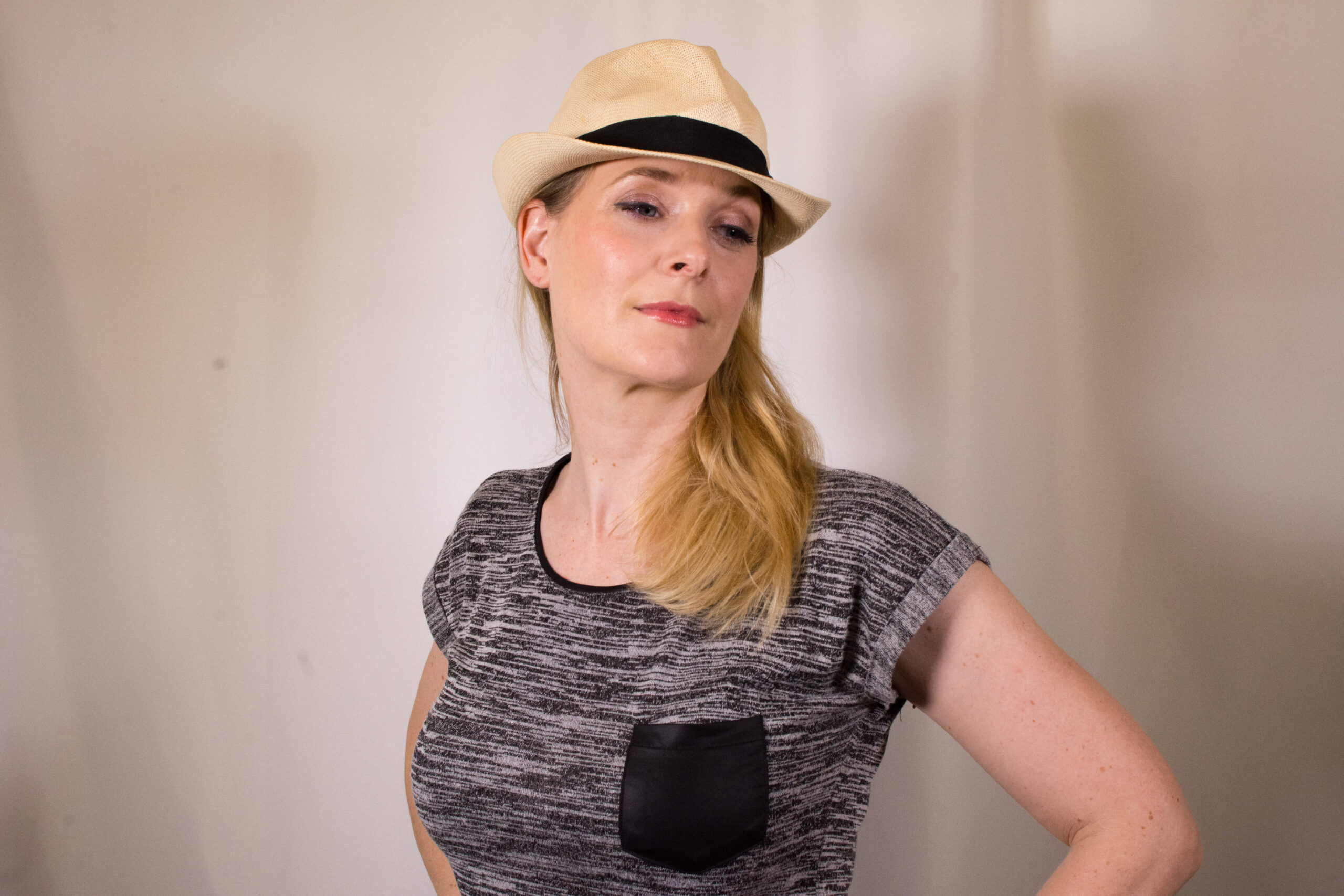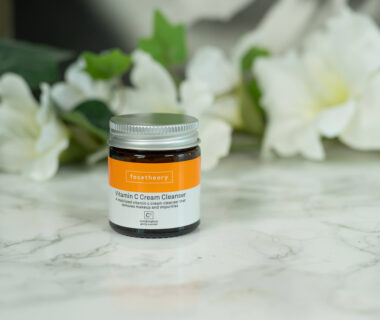After I wrote my blogpost on the difference between chemical and physical sunscreen, there was of course the question:
“Which one is the best sunscreen for my acne-prone or sensitive skin?”
As always the answer is a deeply unsatisfying That depends, but what can I say? It´s complicated!

I am only briefly going to touch on the „natural vs chemical“ debate that thankfully rarely appears in my comments – everything is a chemical.
But I quickly wanted to address the „chemical filters are absorbed in your bloodstream and can be found in your urine and breast milk“ issue.
A new study published early last year brought that topic back up, stirring new fear against the application of chemical filters.
But as this is not my topic for today, I want to address acne-prone and sensitive skin here, let me point you in the direction of Michelle from LabMuffin Beauty Science. She did an amazing blog post going into the details behind the findings and explained why chemical filters (she obviously calls them „Organic“, which is correct, I need to work on my wording here) are not suddenly the devil, so Isuggest you quickly read that if you are concerned and then come back.
Bottom line: They are safe to use, so with that out of the way, let´s look at acne-prone or sensitve skin types – they are pretty similar in some regards.
When you ask Doctor Google, you will often find that for acneic or sensitive skin types, mineral (or inorganic) sunscreens should be used preferably.
Why physical (inorganic) sunscreens could be best for acneic and sensitive skin
The reason behind that is that older chemical (or organic) filters were pretty small molecules with the ability to penetrate deeper in the layers of your skin where they could trigger allergic reactions. That was especially true for Avobenzone, one of the few UVA filters available in the US and a common allergen.
As acne is an inflammatory diesease, anything that irritates the skin has the potential to worsen acne, which meant that using Avobenzone was not the best option.
Avobenzone on the other hand was needed for broad spectrum protection, with the only alternative being Zinc Oxide, which is where the recommendation for physical (or inorganic) sunscreen came from.
Why chemical (organic) sunscreens could be best for acneic and sensitive skin
The downside to physical filters though is their texture. Most of them are heavy, thick and leave a noticeable white cast, so apart from the tendency to apply too little of them, reducing the protection you get, they also have other disadvantages:
Acne-prone skin is often oily skin, so applying a thick and greasy past on top of that has the potential to lead to clogged pores and more breakouts. At the same time the prolonged rubbing you will need to distribute the sunscream has the potential to irritate sensitive skin.
And the newer, cosmetically more elegant physical (or inorganig) filters often use nanoparticles, that due to their smaller size can potentially penetrate deeper, which increases their risk for allergic reactions. I have to add though, their risk as far as we know is still significantly lower than it is when you use Avobenzone.
These two points are also the source of some people telling you that they refuse to wear sunscreen because it doesn´t sit well with their skin, which is for obvious reasons not a solution!
So what can you do?
What IS the best sunscreen for acne-prone or sensitive skin?
That mainly depends on the sunscreen you have access to.
If you live in the US and do not have the opportunity to order from overseas, physical (inorganic) filters with Zinc Oxide are indeed your best bet. The only exception are the La Roche Posay sunscreens that use their patented Mexoryl SX, a chemical (organic) filter that offers UVA protection and is much more stable and less irritating than Avobenzone.
Everyone else should look for sunscreens containing newer filters (I listed them in my previous post), as they are manufactured specifically with these issues in mind.
Their molecular structure is bigger, so they have a harder time penetrating deep enought to trigger allergies and they are more photostable, which means they are less likely to degrade into other sub-stances with intrinsic allergenic potential.
Does that mean they are never irritating?
Of course not, anyone can react to anything.
It just means their potential is about the same as it is for physical (inorganic) filters, meaning that there no longer is a reason to forego chemcial sunscreen if your skin is irritated or acne pro-ne.
Instead you are free to choose based on all the other things that influence our decision: branding, availability, formula, you name it.
If you ask now what I usually reach for: It is modern formulas that offer good UVA protection and feel weightless on my skin, usually achieved by a blend of different organic (or chemical) filters. While I don´t mind having inorganic (or physical) filters added into the mix, I have yet to find a inorganic only formula that ticks all these boxes.



